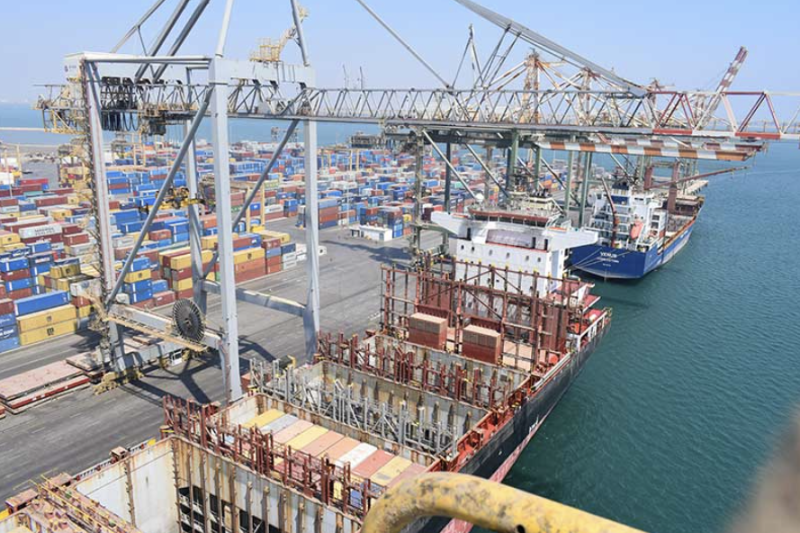Yemen: Shocks, agricultural livelihoods and food security, Monitoring report, December 2021


This report shares an analysis of the effects of natural and man-made shocks in Yemen’s agri-food system. It analyses the results of a field assessment conducted from November 2020 to February 2021 .
The Food and Agriculture Organization of the United Nations (FAO) is implementing a project to contribute to data collection and analysis linked to shocks affecting agricultural livelihoods and food security, in order to inform evidence-based programming in selected countries. The objective is to assess the effects of these shocks on the agri-food system, which includes crops, livestock and fishing, food supply, livelihoods and food security of rural populations. Information is collected from primary sources of the production process: producer households, traders or marketers, inputs suppliers, extension officers and other key informants.
This report covers the second round of data collected through the FAO monitoring system in Yemen. A first round was collected earlier in 2020, followed by an initial report published in March 2021.
The report was made possible by the support of the American People through the United States Agency for International Development (USAID). The contents of this report are the sole responsibility of FAO and do not necessarily reflect the views of USAID or the United States of America Government.

Aden — Ports under the authority of Yemen’s internationally recognized government have received more than two million metric tons of fu…

Mukalla — Local authorities in Hadramout have announced the inauguration of Yemen’s first solar-powered cement station, a landmark proj…

AbuDhabi -- The United Arab Emirates has pledged $1 billion to bolster Yemen’s electricity sector, marking one of the largest development com…